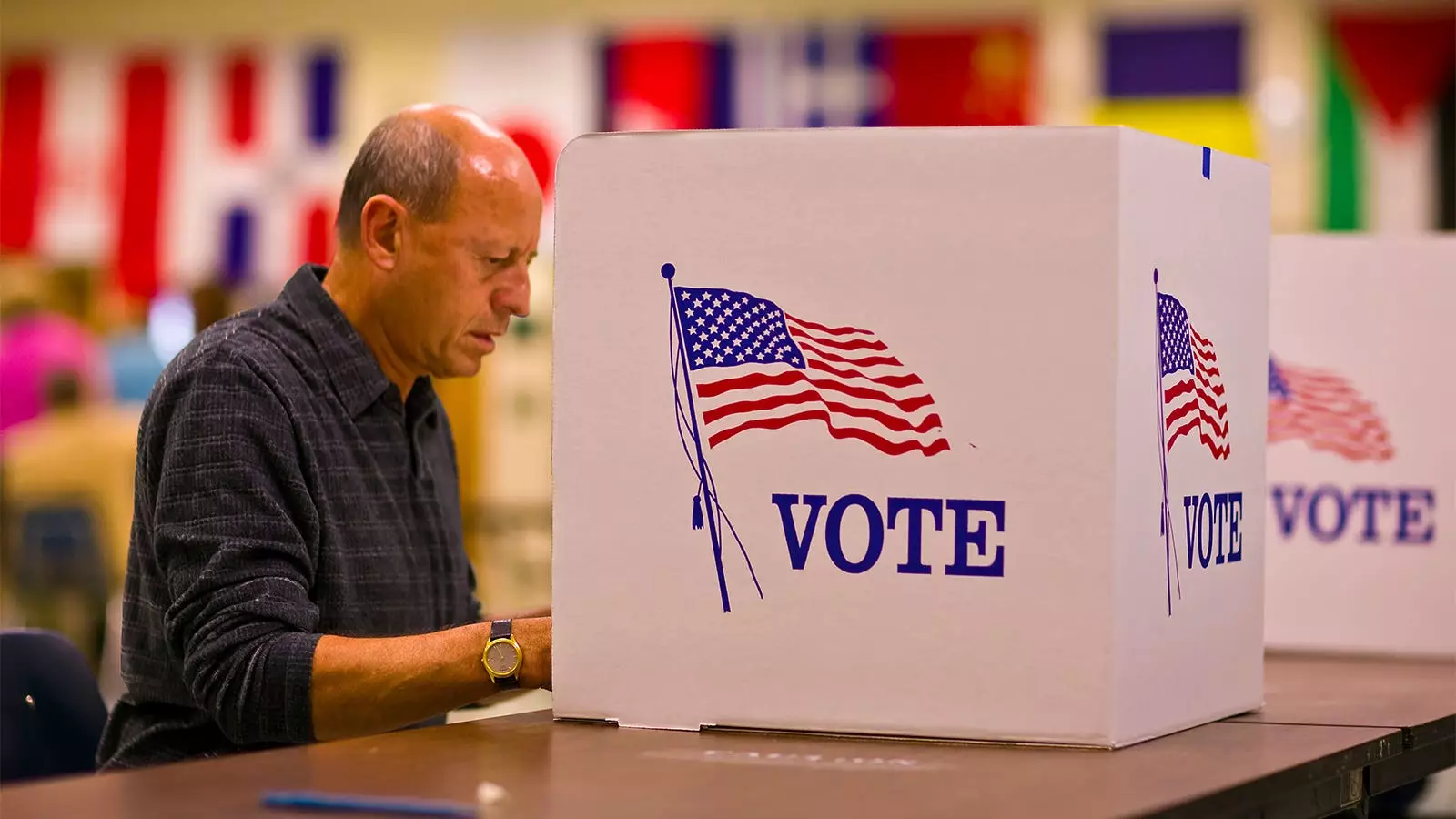As a hospice social worker and death doula, I’ve had the rare opportunity to learn from the wisdom of those nearing the end of life. Over decades of working with individuals from diverse backgrounds, I have gathered invaluable lessons that extend far beyond the confines of death. The recurring themes of their reflections, often framed as regrets, have profoundly shaped my understanding of living well and exercising my civic duty. In a politically charged election year, this collection of insights forms a framework for how I evaluate candidates and policies—an approach I refer to as my “deathbed regrets voter guide.”
My journey began after earning my Master of Social Work from the University of Southern California in 1994. Eager to embark on a path of service, I immersed myself in the world of hospice care, which took me across Los Angeles. The conversations I had with terminally ill individuals revealed not only their fears but also their desires for a life well-lived. Now, more than thirty years later, I feel a sense of responsibility to translate these end-of-life insights into a tool that can inform how we approach civic engagement.
One of the most common regrets expressed by individuals facing mortality revolves around relationships. Many people voiced a longing for deeper connections with family and friends. They lamented the time squandered, the moments not shared, and the love not expressed. This understanding compels me to consider how political candidates prioritize community welfare and the importance of social bonds. Are they creating policies that foster an environment where families and communities can thrive? Are they investing in mental health services and social programs that address isolation and loneliness, particularly in our current fragmented society?
Moreover, the importance of caring for the vulnerable emerged as a resounding theme in their reflections. The lessons learned emphasize that societal progress cannot be measured solely by financial success; instead, it demands that we ensure everyone’s basic human needs—such as food, shelter, healthcare, and education—are met. When I assess candidates’ platforms, I listen closely for their commitment to these essential elements. Are they dedicated to implementing policies that safeguard vulnerable populations?
During my time with the dying, a recurring regret was the emphasis many placed on material wealth and the pursuit of power. Many reflected on how their choices—often made at the expense of others—had led to unintended consequences. Business decisions made in the name of profit often disregarded employee welfare, which fueled their remorse. From this perspective, my electoral evaluation hinges on candidates’ intentions and actions concerning wealth distribution, corporate responsibility, and the treatment of employees.
In this light, I critically assess candidates who promote regressive economic policies or protect the interests of the wealthy. How willing are they to challenge the systemic inequalities that persist in our society? Do they participate in practices that enhance economic disparity or do they advocate for frameworks that promote social justice? It is crucial that voters seek leaders who place humanity over material gain and who prioritize ethical governance.
One poignant lesson I learned is the significance of timely healthcare access. Many individuals expressed deep regret over postponing medical attention due to financial constraints, resulting in dire consequences. This underscores the urgent need for healthcare reform and the importance of policies that make access to medical services equitable and affordable for all. As citizens, we must scrutinize candidates’ plans regarding healthcare and their responses to the pressing crisis that drives people away from seeking necessary treatment.
When evaluating candidates, I ask essential questions: Are they proposing legislation that addresses the high costs of healthcare? Are they advocating for policies that empower individuals to prioritize their health without fear of financial ruin? A candidate’s perspective on healthcare can reveal much about their empathy and commitment to the populace.
In the upcoming elections, it becomes imperative that voters reflect not only on the candidates’ rhetoric but also on their values. The voices of those I’ve encountered at the end of their journeys remind me that our votes represent our ethical compass and the legacy we wish to create. As we head to the polls, we are not merely choosing candidates; we are voting for an embodiment of our societal values and aspirations.
In sum, my “deathbed regrets voter guide” serves as a poignant and practical tool for navigating the complex political landscape. It encourages citizens to foster a government that is more compassionate, equitable, and responsive to the needs of all individuals. The lessons learned from those approaching the end of life resonate beyond personal experiences; they contain a profound call to action for every voter. Let us vote not merely for our immediate interests, but for a society that honors the fundamental dignity and humanity of all.



Leave a Reply